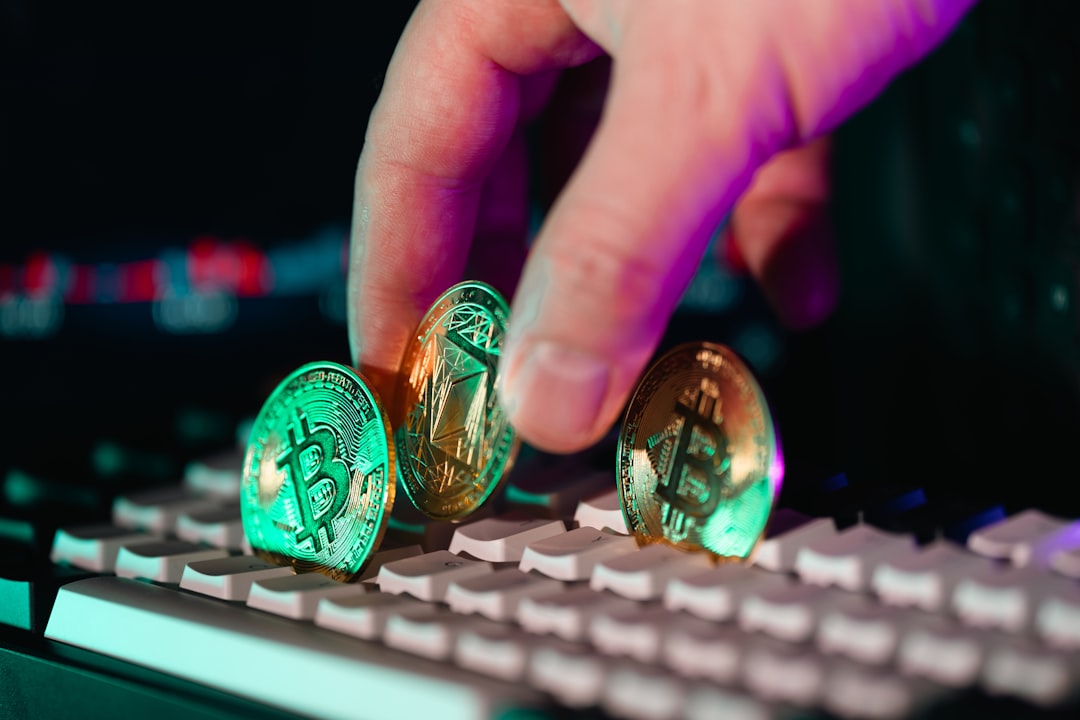
The New Era of Virtual Assets in Hong Kong: Opportunities and Challenges under the Policy Dividend
When Fintech Meets the Policy Windfall: Hong Kong's Strategic Choice
The rapid development of virtual assets and blockchain technology is quietly reshaping the global financial landscape. The Hong Kong government's "Virtual Asset Policy Declaration", to be released in October 2022, is not only the first official document in Asia to explicitly embrace Web 3.0, but also a symbol of the international financial center's attempt to take a third path between "regulation" and "innovation" - to become a global hub for virtual assets, while safeguarding the bottom line of financial security. The bottom line is financial security.
Policy Framework: From Ambiguity to Regulatory Priority
"We recognize that distributed ledger technology and Web 3.0 have the potential to be the future of finance and business." The declaration by the Secretary for Financial Services and the Treasury, Mr. Rafael Hui, reveals the Hong Kong government's strategic positioning on virtual assets. Unlike other jurisdictions that have wavered in their approach, Hong Kong has chosen to use"same business, same risk, same rules".The principle is to establish a regulatory system:
- licensing scheme: Virtual Asset Service Providers Subject to Anti-Money Laundering Ordinance Scrutiny
- Product Innovation: SFC promotes virtual asset ETFs and tokenized securities
- Technical ExperimentationNFT issuance, green bond tokenization, and e-Hong Kong dollar pilot projects
This "adjusting as we go" strategy responds to the regulatory framework of the International Financial Stability Board (IFSB) and sends a clear signal to the market that Hong Kong wants to be a rule maker for virtual assets rather than a passive follower.
Real-World Application: SMEs' Payment Revolution and the New Carbon Economy Circuit
During discussions at FinTech Week 2023, industry leaders have painted a concrete picture of where virtual assets will land:
- Payment Cost RevolutionMindWorks Capital's Rachel Chang points out that crypto payments are 1/10th of the cost of credit cards, which will lead to a new payment paradigm for small and medium-sized businesses.
- Carbon Credit Digitization: Treelion Partners with Chinese Government to Transform Carbon Rights into Traceable Blockchain Assets to Address Trust Pain Points in Green Finance
- Property Rights Recognition Breakthrough: The Government is studying the legality of smart contracts, which may reshape Hong Kong's commercial contract system.
Animoca Brands Ouyang Qijun even said bluntly, "Now is the golden window for the influx of Web 3.0 talents". These words echo the deeper logic of the Hong Kong government's "scramble for talent" policy - the nature of virtual asset competition is a tug-of-war between technology and regulatory talent.
Regulatory Challenges: Walking the Line Between Openness and Risk
The four major contradictions exposed in the Legislative Council question have highlighted the difficulty in putting the policy into practice:
- Regulatory Lag Dilemma: How do existing regulations address security threats at the quantum computing level?
- Strategic Reserve Dispute: Is Bitcoin likely to destabilize the Hong Kong dollar linked exchange rate system?
- Authority Structure Blind Spots: Is there a need to set up a dedicated department to co-ordinate virtual asset policy?
- Positioning of the Exchange FundCrypto: Government Insists 'Crypto Assets Not an Investment Objective', But Tacitly Allows External Managers to Hold Trace Amounts
Proposed by the SFC"Rapid Licensing Program"and"Licensed Platforms Advisory GroupIt is precisely by using a flexible mechanism that these conflicts can be resolved. The success of this "sandbox regulation" will determine whether Hong Kong can avoid a repeat of the FTX crisis.
The Future Picture: From Technology Iteration to Rules Exporting
The direction of technological evolution proposed by Dr. Shisong Wang of CryptoBLK -Quantum Security, Multi-Link Collaboration, Performance Optimization-Hints at the next stage of competitive focus. Hong Kong's policy experiment has begun to bear fruit:
- Green Finance: Bond tokenization makes carbon rights more liquid 300%
- Cross-border paymentsElectronic Hong Kong Currency Pilot Scheme: Opening up the Capital Channel of the Greater Bay Area
- Registration of Property Rights: NFT Technology for Real Estate Deed Depositories
This openness to "tokenized asset rights" is likely to give rise to the world's first judicial precedent on blockchain property rights. This "institutional innovation dividend" is Hong Kong's core weapon against competition from Singapore and Dubai.
Conclusion: The Pearl of the Orient's Web 3.0 Ambition
Standing on the eve of the virtual asset explosion, Hong Kong's choice is full of dialectical wisdom: not only do we need to capitalize on the advantages of "one country, two systems" to connect to international standards, but also build a strong firewall for financial security; not only do we need to attract global Web 3.0 talents, but also prevent speculative bubbles from impacting the real economy.
When Mr. Hsu said, "Fintech talents are welcome in Hong Kong," the city was silently declaring that the future rules of virtual assets must have the voice of a Chinese city. This race of technology, policy and talent may be the key to regaining Hong Kong's voice in financial innovation.
Disclaimer: The contents of this article are for informational purposes only and should not be construed as any form of promotion, investment advice, or invitation, solicitation or recommendation of any investment product.
The contents of this article have been reprinted.offensiveIf there is anything wrong, please contact us and we will remove it immediately, thank you.
Readers should make their own assessment and seek professional advice.





